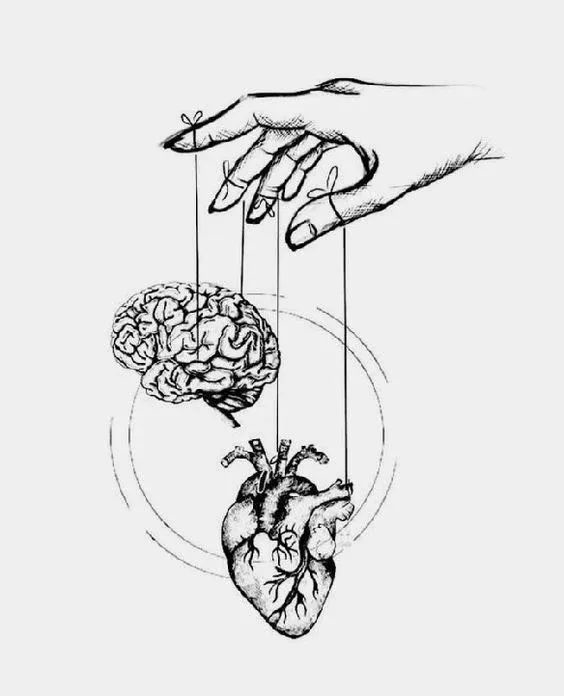– Delîla Doğan

Hearing, feeling, being sensitive, being heard, being influenced by hearing, influencing each other through perceptions – all these abilities precede the development of thinking. The emotional and intellectual development of people proceeds differently in every society. But in its beginnings, especially referring to natural society, the root of everything lies in emotional intelligence.
Emotional intelligence means recognising your own emotions and the emotions of others, understanding, regulating and reacting constructively to them. These abilities can be divided into five main areas: Self-awareness, the ability to recognise and understand one’s own emotions; self-regulation, the ability to control one’s own emotions and respond appropriately to them; motivation, the drive to achieve set goals even when obstacles arise; empathy, the ability to recognise and understand the emotions of others; and social ability, the effectiveness in interacting with others, building relationships and resolving conflicts.
Analytical intelligence, on the other hand, refers to the ability to analyse information, solve complex problems and think logically. Various aspects play a role here, such as analytical ability, the ability to understand and interpret data and draw conclusions; critical thinking, the ability to think objectively, question assumptions and recognise alternative solutions; abstraction, the understanding and application of abstract concepts; creativity, finding innovative and original solutions to problems; and pattern recognition, the ability to recognise patterns in information or behaviour. Both analytical and emotional intelligence play an important role in our everyday life. In our dealings with people, emotional intelligence enables us to understand our own and other people’s emotions and to react appropriately to them. Analytical intelligence helps us understand complex problems and make logical decisions to resolve conflicts and problems efficiently.
No analytics without emotion
In addition, emotional and analytical intelligence are also important when dealing with stress. In the Western world, stress is often used as a tool to prevent people from dealing with more profound problems. Stress is an overwhelming reaction to problems and challenges, which often leads to excessive demands and stagnation. Emotional intelligence can help to deal with stress and pressure by enabling people to regulate their emotions and motivate themselves. Analytical intelligence helps to identify stressors and develop effective solutions. Our ability to make judgements is also closely linked to emotional and analytical intelligence. While analytical intelligence enables us to evaluate information, understand risks and make informed decisions, emotional intelligence takes into account emotions and interpersonal dynamics in the decision-making process. The balance between emotional and analytical intelligence is fundamental for a more productive organisation of everyday life.
Emotional intelligence has a direct impact on mental health, the ability to manage relationships and health in general. Analytical intelligence helps us react appropriately and act accordingly. Both emotional and analytical intelligence are important factors that influence each other and contribute to how we deal with ourselves, with others and with the challenges of everyday life. The interaction between emotional and analytical intelligence is crucial. People with high emotional intelligence can communicate more effectively with others, promote teamwork and strengthen social relationships. At the same time, their analytical intelligence enables them to master complex challenges, make strategic decisions and develop innovative solutions.
No emotion without analytics
Emotional intelligence has accompanied life since its beginnings and is therefore extremely powerful. Contrary to positivism’s claim that one development is at the expense of the other, they are in a symbiotic relationship with each other. No analytics without emotion and no emotion without analytics – they are mutually dependent. Developing both forms of intelligence requires conscious effort. Emotional intelligence can be strengthened through self-reflection, emotional research and the cultivation of interpersonal relationships. Analytical intelligence, on the other hand, benefits from continuous learning, critical thinking and the ability to consider different perspectives. Ultimately, the balance between emotional and analytical intelligence is key to development and well-being. By strengthening both our emotional and analytical skills, we can not only achieve our own goals, but also have a positive impact on the world around us.

